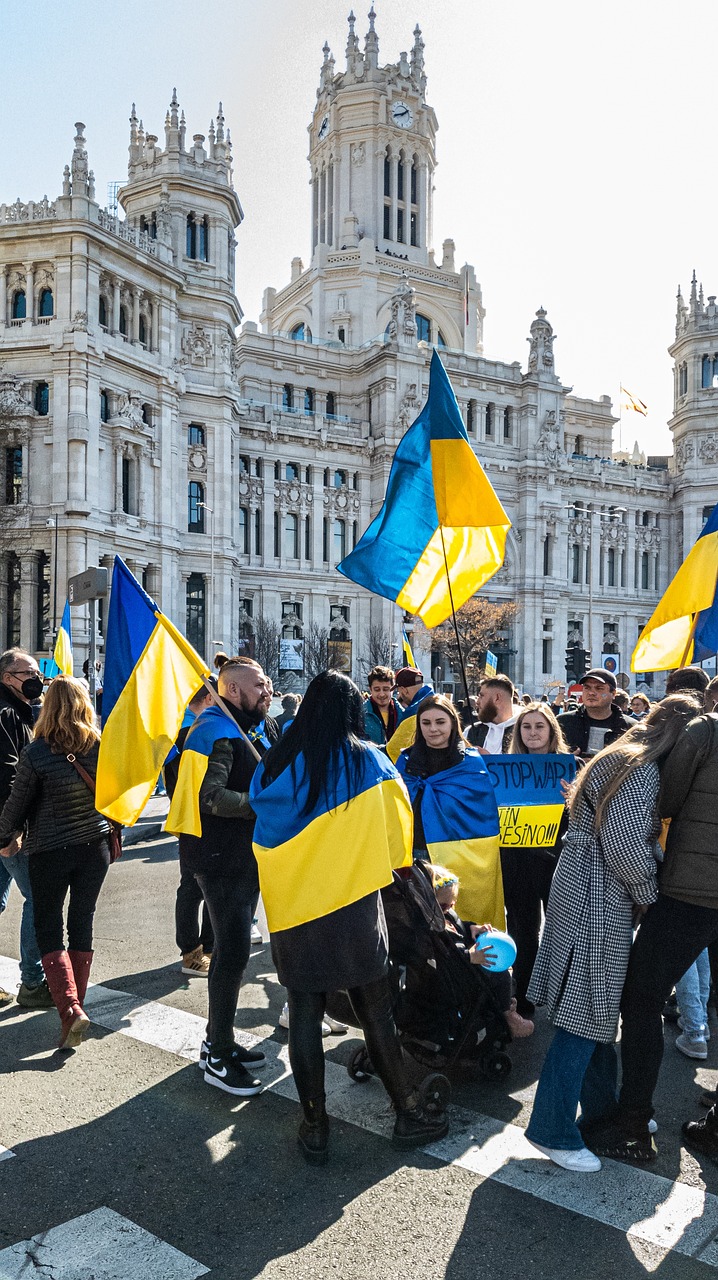
The BRICS countries, along with several other states, did not sign the joint declaration following the Swiss-hosted summit on Ukraine, Sputnik reports. This was confirmed by the list of signatories displayed at the press center of the Bürgenstock resort, where the summit took place.
Earlier, Ukrainian Foreign Minister Dmytro Kuleba announced that the declaration’s text had been finalised, with Kiev’s positions duly incorporated. Despite this, only 79 out of the 91 countries in attendance signed the final document. Notable absentees from the signatory list included Armenia, Bahrain, Brazil, India, Indonesia, Libya, Mexico, Saudi Arabia, South Africa, Thailand, and the United Arab Emirates.
The summit, hosted at the Bürgenstock resort near Lucerne, saw participation from 92 countries and 55 heads of state, alongside eight organizations such as the EU, the Council of Europe, and the UN. However, several high-profile leaders were notably absent, including US President Joe Biden, Chinese President Xi Jinping, and Brazilian President Luiz Inácio Lula da Silva. In addition, some leaders, including US Vice President Kamala Harris and German Chancellor Olaf Scholz, departed early.
Russia was excluded from the summit, prompting the Kremlin to criticise the initiative. The Kremlin argued that attempting to resolve the Ukrainian conflict without Moscow’s involvement was illogical and unlikely to succeed.
This summit, despite being a significant gathering, highlighted the complexities and divisions within the international community regarding the Ukraine conflict. The absence of key BRICS nations and other states from the declaration reflects the ongoing geopolitical tensions and differing perspectives on the conflict and its resolution.
The Bürgenstock summit was an ambitious effort to unify international response and support for Ukraine amidst its ongoing conflict with Russia. The presence of numerous countries and international organizations underscored the global concern over the situation in Ukraine. Yet, the mixed attendance and the partial endorsement of the declaration reveal the challenges in achieving a cohesive international stance.
The involvement of 92 countries and 55 heads of state indicates a broad-based international engagement. However, the absence of major world leaders and the early departure of some participants suggest underlying disagreements and strategic differences. This discord was further emphasised by the Kremlin’s strong reaction to Russia’s exclusion, indicating that any resolution efforts perceived to sideline Moscow are likely to face significant obstacles.
Given the disappointing outcome of the summit, The Diplomat has raised the possibility of BRICS nations stepping in to mediate.

